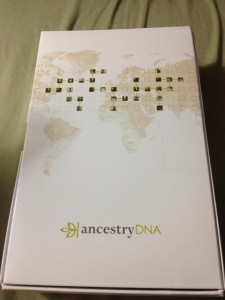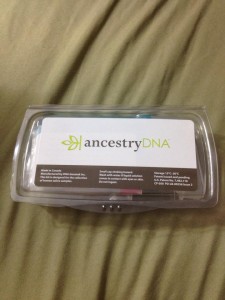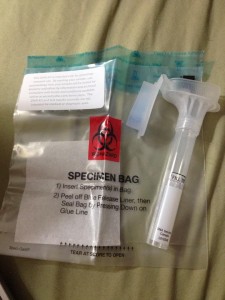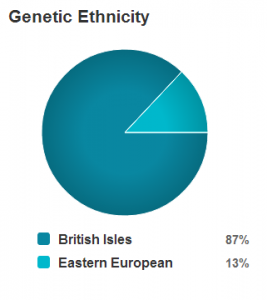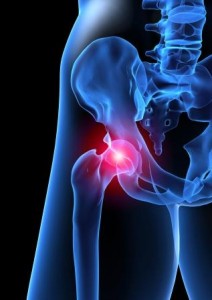Did you like that? My blog title rhymed.
Most of you know what a junkie for genealogy I am, which came from my mother’s incessant searching when I was a baby for ancestors who might have had my disability. The doctors asked her to do genealogy when I was born in hopes of establishing some sort of genetic explanation for what happened to me (there never was any explanation). I grew up with a mind for history, literature and art, which are all things quite linked, so it wasn’t a stretch of the imagination to see that I would want to understand my own family history. My grandmother gave me boxes upon boxes of documents, photographs, letters, etc., compiled by her cousin. Not all of it pertained to me because she compiled her husband’s genealogy as well. It also had nothing about my father’s side, which, unfortunately, is still a big mystery today. My legal last name is Jones like my father but that’s not the original family name. We had a horse thief in the family who was caught and he thought the shame brought to the family was so massive that he chose to disappear and change his name to Jones, thereby producing me as a Jones generations later. We know the original name sounded like my-s. My but plural. It’s a German name, so it might have been spelled Meis. Other than that? Nothing.
Fast forward to being a member of Ancestry.com so I can try to digitize all of the family tree information in case the tangible documents meet with an accident. They came up with a test known as Ancestry DNA, which will tell you about your ethnicity in specific regions of the world and put you in touch with possible relatives who already took the test. I had heard mixed reviews about the test, so I decided that I was going to compare different genealogical DNA tests over the next year since a few other companies make them too.
Here was my DNA test kit in detail as I unwrapped my package.
As you can see in the last picture, there was a test tube and a specimen bag. The process was to avoid smoking, drinking, eating or chewing gum for at least thirty minutes before collecting my saliva in the test tube up to that black line. Once the saliva was collected, I snapped the lid closed. You can’t really see it here but there was a chemical in that lid that was activated when snapped shut that was meant to stabilize my DNA in the test tube. At that point, I untwisted the lid and replaced it with a smaller lid, and then I shook the tube for five seconds. That’s all it took took to prepare my own DNA sample! It went into the specimen bag, it was sealed, and then it was sent back to Ancestry by their self-addressed stamped envelope.
I mailed in my sample on October 20 and received an email a few days later saying my test was being processed and to allow 6-8 weeks for results. It didn’t take nearly that long, obviously, because today is only November 6 (this blog will post November 12). My results came via email, which I thought was efficient, and made it up to the environment what they did with all that packaging for the test kit. The email directed me to my Ancestry.com account where the results were connected to my existing username. The first thing shown to me was this pie chart of my ethnicity based on their DNA test.
Here’s where the test is good and bad. I had been told by other people before I took the test that it missed big pieces of their known genetic background, so I wasn’t surprised to find that big pieces of my known genetic background didn’t show up in my results. It’s true that my mother’s side is predominantly British Isles (this is England, Wales, Ireland and Scotland) and my father’s side has some of the same, but the test completely missed a large, lengthy branch of French genetics. The French blood was not guesswork in genealogy. It was known ancestors from the 1700s up until just a few generations ago. Through my British Isles blood, I have genetics in every royal European household. Most of it is centered on England, Ireland and France. There was a smattering of Spanish marriages and various other places as well but not really enough to count. The test also missed the Native American blood, which is quite known. I noticed other people didn’t have those things turn up in their tests either when it was known to be there. Several people who were known to be Western European, like me, didn’t have it show up at all. Perhaps there’s something the Western European DNA has that should be adjusted in the test or something. I have no idea how DNA works!
I’m utterly dumbfounded by the 13% of Eastern European blood. That in itself is funny because when I mailed in my test tube, I told people I was hoping for something shocking to turn up, like mystery African blood or something. I got a surprise in the Eastern European blood and I’m not sure if it’s another test error or if it’s the big mystery on my father’s side. Remember, I know virtually nothing about my father’s ancestry and, after talking to my sister, she doesn’t think our father knows much more than perhaps his grandfather. There are a few little branches of people from Hungary on my mother’s side but I doubt they add up to 13%, so that must mean a lot of it comes from my father. Eastern Europe includes the modern locations of Poland, Greece, Macedonia, Slovakia, Hungary, Croatia, Romania, Bosnia and Herzegovina, Serbia, Ukraine, Lithuania, Latvia, Estonia, Belarus, Moldova, Montenegro, Bulgaria, Belgarus, and Kosovo. Since my father’s side is supposed to be very German, I have a theory that those Germans originated in one or more of these Eastern European countries. I have seen Poland, Hungary and Ukraine mentioned as regions where lots of modern Germans might have originated. Without some kind of lead on my father’s side, I may never know if this Eastern European blood is a test error or something real.
All in all, I would say this test was about half-accurate. It needs work before I would say it’s worth the cost. They’re onto something good though because in addition to the ethnicity percentages, you can also be put in touch with possible cousins who also took the test. I haven’t ventured into that part of it yet but I do have one friend who says that part of the test needs work too.
I kind of do like the idea of possibly being a tad Ukrainian though. Ukraine is like Russia. Russia is mysterious. I love a good mystery!
Read More













